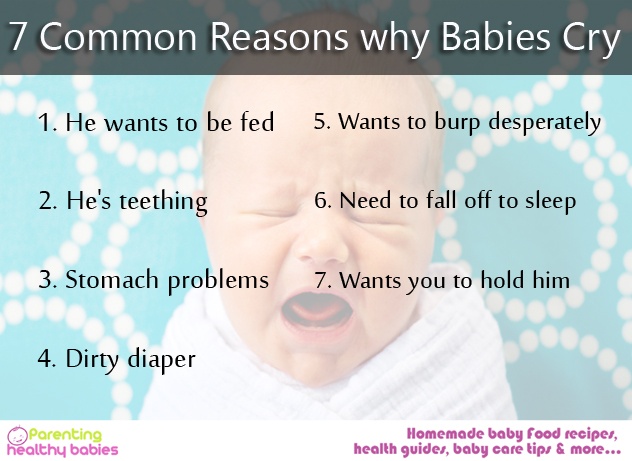Cheese, one of the yummiest foods that both adults and children love to indulge alike is also good for health. Cheese can be a better alternative for protein, calcium, needed fats as well as some vitamins such as vitamin A, vitamin D and vitamin B-12.
Cheese can be introduced to your baby’s diet, once he or she is aged between 8-10 months, as recommended by the National Institutes of Health in the US. Do not give your child processed cheese, as processed cheese contains artificial flavours and additives. You don’t want your child to have them. On the other hand, giving them cottage cheese and homemade yogurt can be much better in comparison as they do not contain any artificial flavours or enhancers. You could also try cheddar, parmesan, Colby, swiss, mozzarella, romano, Lancashire cheese.
Cheese health benefits for your child
Protein content: Cheese contains considerable amount of protein. The amount of protein found in 100 g of cheese is about 11 g. This protein is needed for your child’s muscle, tissue and organ development. Proteins contain amino acids which are the building blocks of any life form and hence, they are highly needed for your baby.
High supply of calcium: Milk, cheese, yogurt and other dairy products are good source of calcium. Here, when cheese is taken into consideration, 100 g of cheese contains about 83 mg of calcium. Calcium, as we know is the largest ingredient in our bones. Good calcium supply during infancy can result in healthy bones to your child through the coming years.
Vitamin A: Vitamin A is a vital vitamin in the list of vitamins. It is a fat soluble vitamin which is crucial for eyesight, the immune system, bones and dental strength and for skin. One can find cheese to be a good source of vitamin A.
Folate: Folate is a B complex vitamin which can be found in cheese. Folate or folic acid is crucial for DNA synthesis. In other words, without folate no amount of protein can be converted into the person’s DNA and the lack of folate can affect the cell division and cause several diseases. Anemia, malformation in brain and spine has been noted caused by folate deficiency.
Vitamin D: Vitamin D is yet another vitamin which is found in cheese. Vitamin D plays a crucial role in calcium and phosphorous. Vitamin D makes calcium ready to be absorbed by the bones. Vitamin D is one such vitamin which can be synthesized by exposure to sunlight. The supplementation for babies and infants can be beneficial, as you might not expect children to bathe in sun for vitamin D.
Things to take care while giving cheese to your baby
Though cheese is one of the best foods that can be given to your child, yet there are few things to be taken care when giving cheese for the first time to your baby.
When can I introduce cheese to my baby?
The right time to give cheese: Generally, it is recommended that the right age for infants to have cheese is between 8-10 months in the US. During this time, lactose intolerance might have been reduced and the child can digest cheese properly.
What type of cheese should I give my baby?
Types of cheese: The types of cheese that are not recommended include brie, camembert, chevre, blue-Veined cheese, Mexican style cheese, etc. Also avoid cheese spread as some cheese spread, labelled as cheese flavour mean that it is not made from real cheese. It is better to avoid imported cheeses. Studies show that imported cheeses are not always safe, as they are made from unpasteurized milk. Patients, pregnant women, toddlers, children, elderly, people with weak immunity are risky in particular.
Processed cheese: Introducing processed cheese may also not be a good idea because processed and/or commercial cheese contains high amount of sodium added in the form of salt. Feeding babies with high sodium foods increases the chances of hypertension in the years to come.
Cheese texture: For the first time, make sure that the cheese is as soft and buttery as possible. There is a risk of choking for infants and even toddlers is solid chunks of hard cheese are given to them. If the cheese is chewable, mash it up a little bit so that pieces the size of wheat grains remain. These do not pose any risk of choking.

Homemade cheese: For homemade cheese, make sure to pasteurize the milk first before converting it into cheese. Cheese made without pasteurization has higher risk of bacterial infestations that can cause diarrhoea or dysentery. Boil the milk first and prepare the cheese. Also do not add any sugars or flavourings to the cheese, in an attempt to make it interesting. They can do more harm than good.
Is it ok to replace milk with cheese?
Yes. Under conditions of lactose intolerance, cheese can be substituted instead of milk. Under this condition, lactose, a sugar found in milk is not digested due to lack of an enzyme called lactase. Lactose intolerance can be generally found in babies born early. Due to low level of lactose content, cheese and butter milk are recommended for such children.












